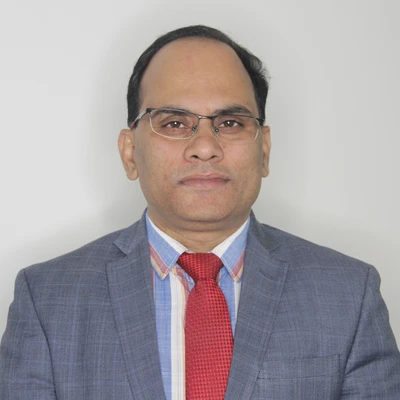Exploring Research Opportunities: Pathways to Academic Success and Global Impact:


Research opportunities come in various formats and occur in several settings. They often begin as a question that someone wishes to explore more thoroughly. Faculty and students, for instance, initiate research projects designed for this purpose. It might also start with you!
In academic studies, for example, you may have noticed a lack of knowledge or recent work on a particular topic that interests you. With the guidance of a faculty mentor, you could be the person to explore and provide answers to fill the gap in missing information. Depending on the scale of a project, you might find yourself working as part of a team or operating independently while coordinating your efforts with those of a faculty mentor. This work may take place on campus, at other domestic locations, or even internationally, during term time or over the summer.
Long- and short-term academic programmes are available in India across numerous universities and educational centres. International students and researchers may apply for PhD and postdoctoral research programmes in India. Moreover, summer schools, FDPs, seminars, webinars, and conferences are other excellent academic activities that make India an attractive destination for scholars and scientists. Many programmes also include fully funded scholarships and fellowships, as well as travel grants and financial aid, ensuring that every student, researcher, or professor can find a suitable programme in India and apply based on their interests.
Research citations now play an important role in any researcher or academician’s profile. Just as on Instagram or other social media platforms, where having millions of followers makes you an influencer, having a large number of citations establishes you as a successful scientist or academician. The more citations one has, the stronger their CV becomes. For many accreditation agencies, such as NAAC and NIRF, citations are crucial in assessing research parameters.
Individual researchers or universities/institutes can create free accounts to monitor the progress of their citations. Several platforms are widely used and have gained popularity. One is Google Scholar (https://scholar.google.co.in/citations). The Scopus index is another platform where published papers are automatically added to profiles (https://www.scopus.com). Additionally, many renowned journals and publishers, such as Springer, Elsevier, Optics InfoBase, and Taylor & Francis, host numerous journals. In recent years, another emerging platform, ResearchGate, has gained prominence. At the research gate, people share their various published papers and also exchange exciting research ideas (https://www.researchgate.net/). Semantic Scholar is another platform very similar to Google Scholar and quite useful. https://www.semanticscholar.org. Similarly, the Web of Science and many more platforms. https://www.webofscience.com/wos.
What is “h-index” and how do you measure it? how good are you as a scientist?
- h-index is used to determine the research impact of an individual researcher. It weighs and ranks the impact of the researcher not necessarily the impact of any particular research publication.
Why the “h-index” is so important? Why metrics are important?
- It combines an assessment of both quantity and an approximation of quality. It is an author-level metric.
- It helps in increasing the impact of the research work and productivity
- Fellowships, gaining job opportunities, grants across the world. Citation impacts.
How do we calculate the “h-index”?
It is defined as the number of articles (n) that have at least n citations each. Suppose an author has published papers A, B, C, D, E, and F, with the following citation counts:
f(A)=5f(A) = 5f(A)=5, f(B)=3f(B) = 3f(B)=3, f(C)=25f(C) = 25f(C)=25, f(D)=4f(D) = 4f(D)=4, f(E)=8f(E) = 8f(E)=8, f(F)=2f(F) = 2f(F)=2.
To calculate the h-index, we arrange the citation counts in descending order: 25,8,5,4,3,225, 8, 5, 4, 3, 225,8,5,4,3,2. The h-index is 4 because the author has 4 publications (C, E, A, and D) with at least 4 citations each.
How do we calculate the “i10-index”? For example, if an author/researcher’s i-10 index is 6, it indicates that six of his/her publications are cited 10 times.
How can I increase my h-index? (i) Work on your writing, (ii) Choose a journal carefully, Open Access, (iii) Quality and Innovation, (iv) Network, (v) Collaborate, (vi) Social media. Therefore, research offers ample opportunities. Through research, people can climb to the top of organisations and also contribute significantly to societies. Thus, true research deeply impacts the life of a common man.
Authored By

Dr Hukum Singh
Professor & Head
Department: Department of Applied Sciences














